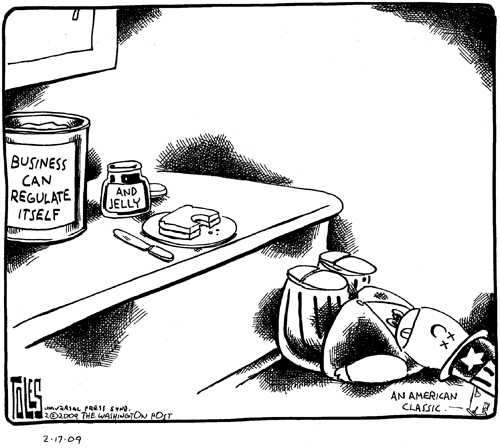From the public records of Gibbs v. PADI and CocoView et al:
Gibbs original complaint (PDF, starting page 5, items #14 to # 25 are the alleged events involving carbon monoxide poisoning)
PADI's original response (PDF)
The case settled out of court.
---
I think
the ASRS system is an excellent model for improving the dive industry. This paradigm would reduce the chance that profit or income motives would quash information that could otherwise make diving safer. There appears to be a conflict of interest within the only existing structure (DAN) to collect and collate accident data.
DAN's for-profit insurance (>$14M in 2008) is obliged to pay for DCS treatments, but we don't read much about divers with DCS problems who have "plateaued?" Many HBO MDs from around the world advocate follow-on chamber treatments to reduce neurological deficits vs. a cap imposed by DAN. Or "
marginal symptoms" cited in UHMS research: "many so-called marginal symptoms [of the bends], AKA "niggles," may be related to decompression although not of sufficient severity to warrant therapy."
May not be sufficient to warrant therapy?...but what of the long-term possible harms from dive computer algorithms that rely upon only the shortest half-life tissue "compartments," like bone and brain lesions? [
1; and 2]
The days of blind faith in self-regulation are ending; Wall Street bankers and peanut growers "get it," but why not the dive industry?! "Regulation!" is decried as the bogeyman by DEMA (whose board of directors won the ending of term-limits). But in reality, there are infinite shades of gray between "unfettered, say whatever I want to make-a-buck" and "don't let the 'Kremlin' dictate my every thought."
An independent reporting mechanism would give conscientious dive pros a way to report safety lapses without fear of harming their careers. Involving some folks from NOAA, NEDU and OSHA to ensure independence would be critical. Not to give bureaucrats power over the industry (no "Nanny" culture, thank you very much), just monitoring ability, as NASA / FAA personnel monitor ASRS.




